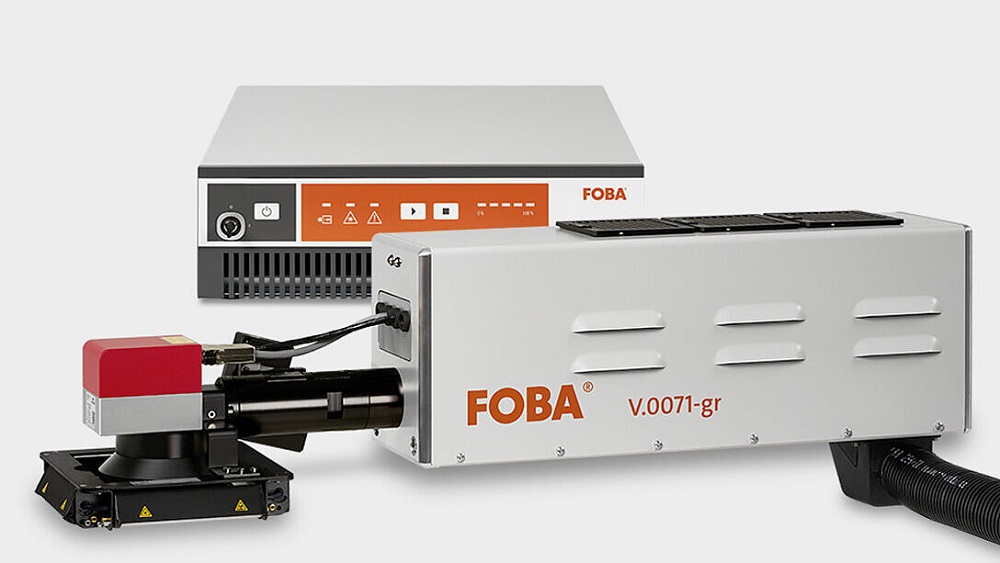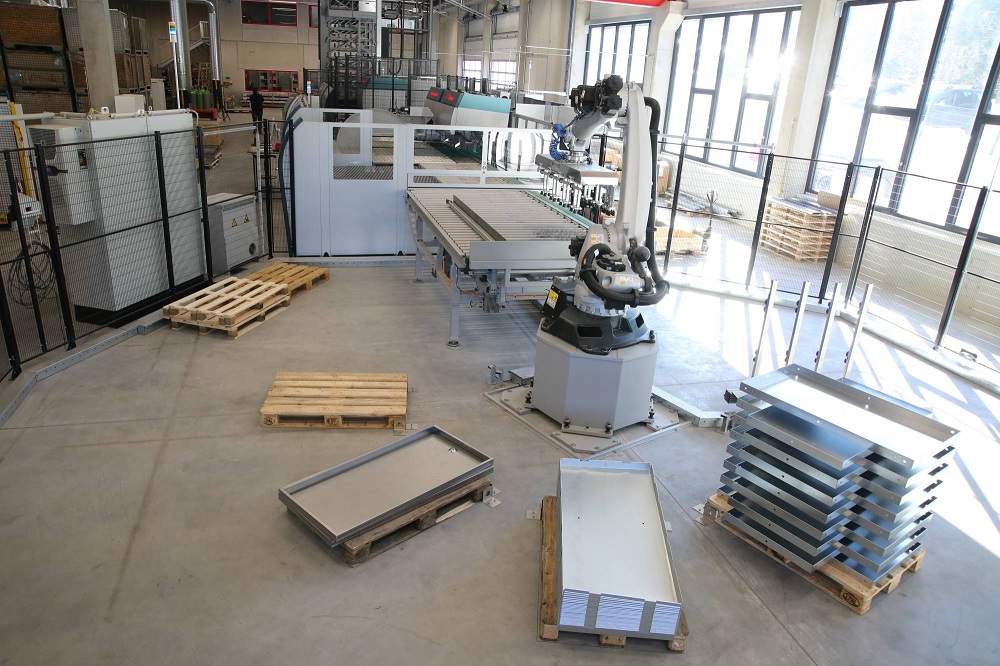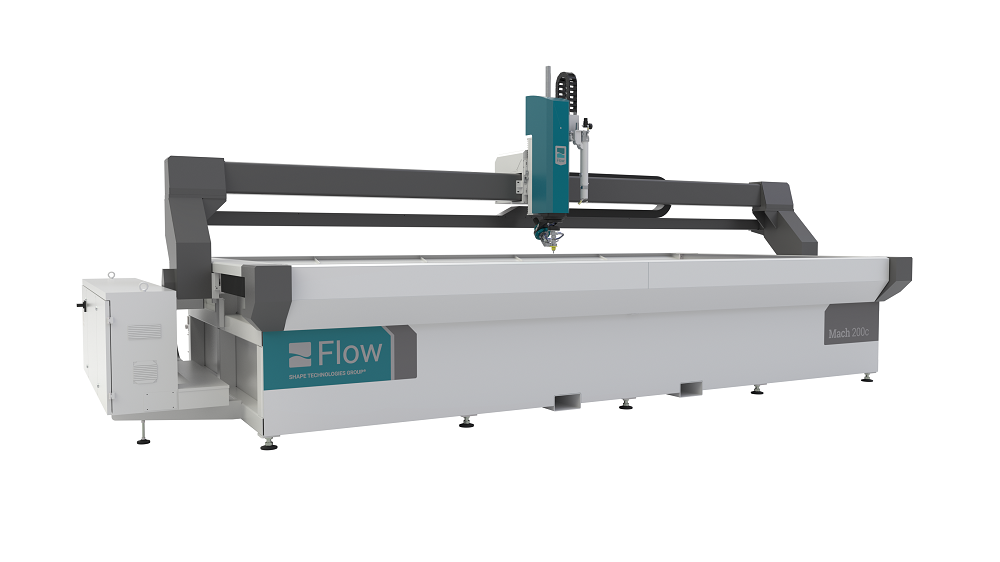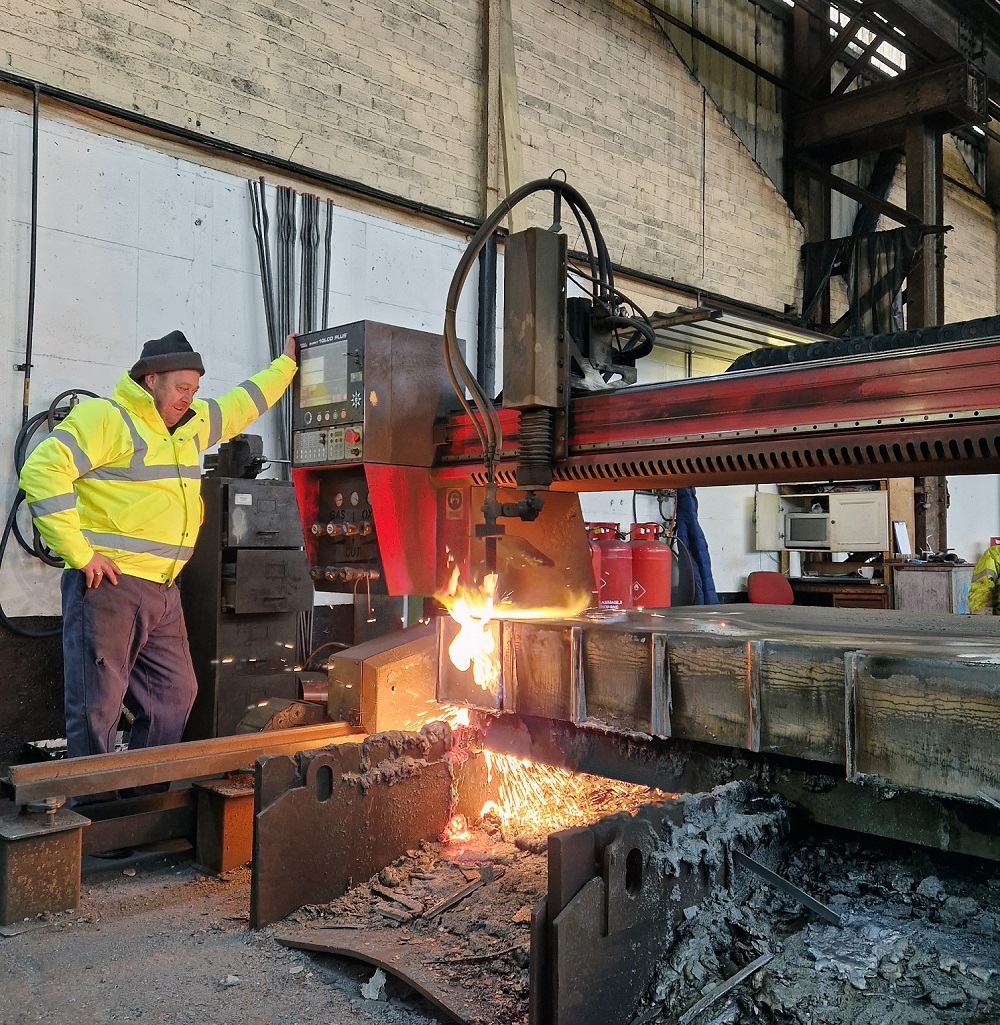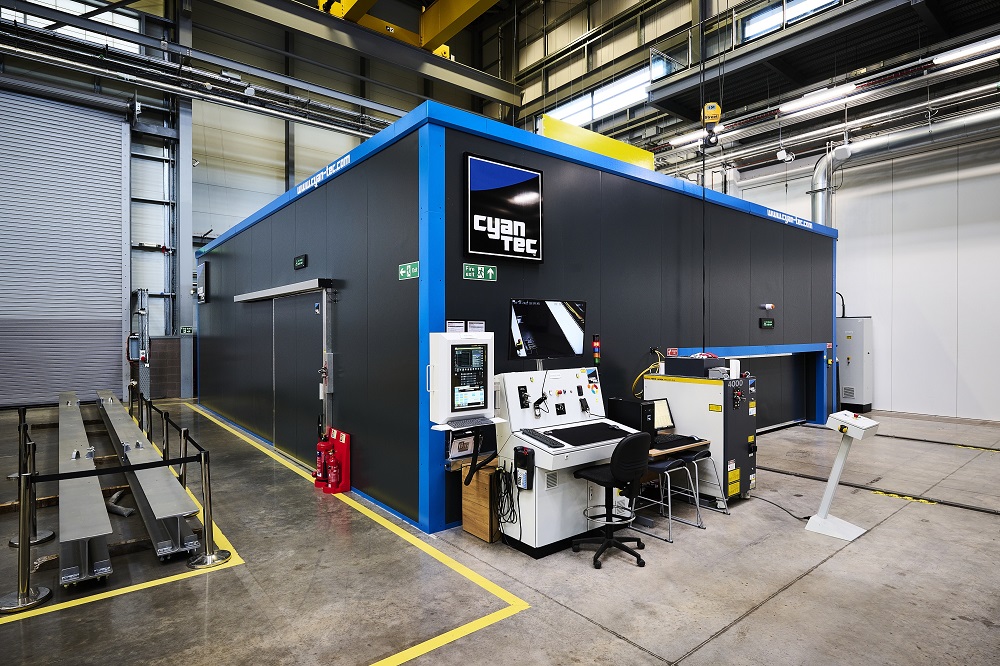The latest addition to TLM’s range, from partner Foba Laser, is a range of green lasers, the main benefits of which include a significant increase in marking speed and marking quality on materials that previously did not present the optimum marking clarity or contrast when using UV or fibre lasers.
Materials now suitable for processing using this technology include special plastics such as UHMWPE, HDPE and PMMA, for which additives may no longer be necessary when using a green laser. Other materials where marking quality will see a significant increase include white and transparent plastics in medical technology applications, combined material parts in the automotive sector, and highly reflective metals, glass or other shiny substrates.
Foba’s V.0071-gr and FOBA V.0141-gr green laser marking systems, at 532 nm wavelength, close the gap between UV and fibre laser markers, at 355 nm and 1064 nm, respectively. The combination of relatively high laser power and a vanadate source extends the areas of application while enabling higher speeds.
Either 7 or 14 W laser power options are available for the new marking laser. With a broad range of interfaces available and five possible marking field sizes, the new lasers offer a flexible solution to a wide range of applications. A further benefit is the fact that the lifetime of Foba’s green laser vanadate laser source is twice that of a UV laser source, which significantly reduces operational and ownership costs.
The new green laser marking systems can also take advantage of Foba’s laser marking workflow with camera and mark alignment software.
For further information www.tlm-laser.com






